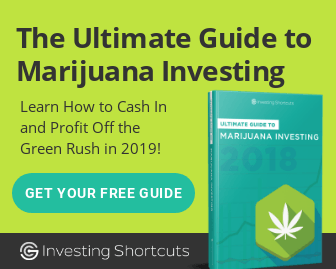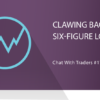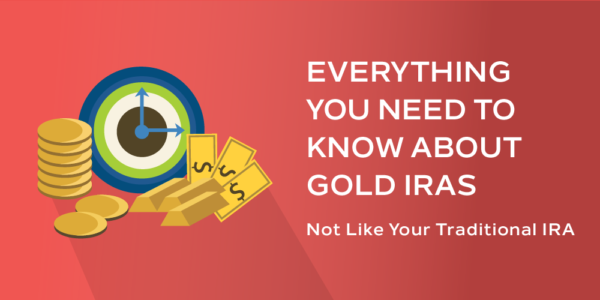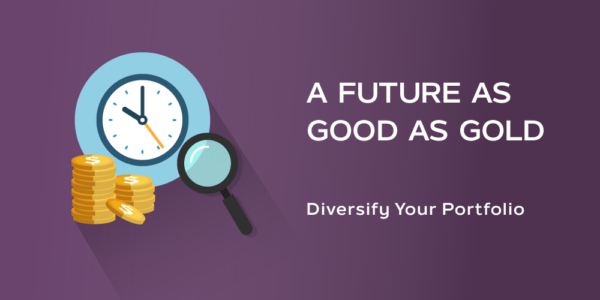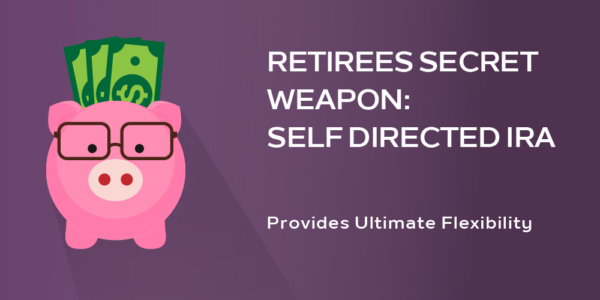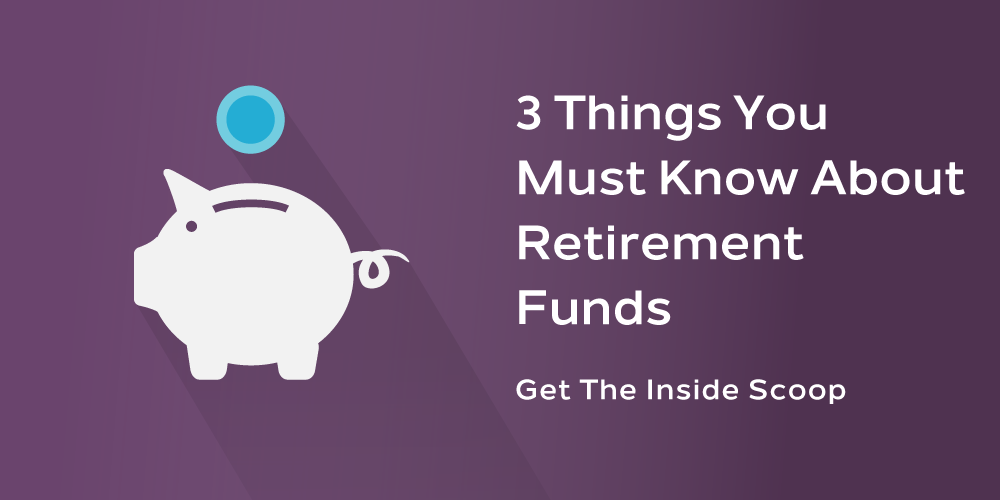
Mutual Fund managers make it easier to manage the required mix of stocks and bonds as you approach your retirement.
Simply put, a higher percentage of monies are put in stocks with the longer the window until needed. For example, with thirty years to go until retirement time, it makes sense to have more exposure to equities based upon historical stock market returns.
The logic is that there is plenty of time for recovery. If stocks slide as every bear market in history so far has, it will eventually bounce back. The safety of fixed income returns is outweighed by the higher yield opportunity cost in the long run.
As the decades draws near, allocations shifts from stocks to bonds to cash.
The concept of changing the investment risk balance as retirement approaches can be manually managed every few years for those with discipline. A passive product has been created by mutual fund houses that automatically manage the portfolio positioning.
Target dated funds just ask when you will retire and they do the annual adjustments. Pick a date and be done.
There are three things to consider before putting your hard earned money on cruise control:
1) Performance – Again with the caveat that past performance is not indicative of future results. It’s important to evaluate the historical returns in the funds. Compare not only to the overall market but also to peers in this target date field. Almost every big name mutual fund has a product designed to make your retirement investing easier.
2) Path – There are many roads to retirement. The mix composition can vary from fund to fund with stock step downs at different points over the years. Make sure you are comfortable with the strategic mix methodology while balancing the risk and reward to fit your personal tolerance profile. The glide path can adjust until the target date and stop or continue beyond your objective day.
3) Fees – Even small fees add up over time, which chisels away at returns to reduce investing principal. The management cost can be expensive in the long run as they must be overcome with performance. Typically, an actively managed fund has higher expense ratios than the index tracking counterpart.
Choosing the right target date fund requires selecting the right performer, path and price for you.



